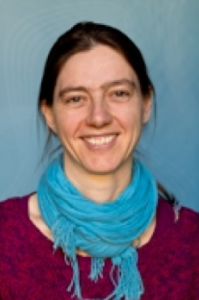In debates on citizenship in Europe, the need for active participation among citizens is increasingly stressed. But do normative ideas of what active citizenship is, reflect people’s lived experiences in present-day Europe? While the low electoral participation of young people is often highlighted as an indication of reduced civic participation, various studies show increased social media use leads to increased political and social debates and mobilization. And while politicians often lament the lack of civil-political engagement among immigrants particularly, many new citizens volunteer, work as activists, take up political causes, or set up associations in both their countries of residence and origin. In Europe’s culturally and religiously diverse societies, citizens have different frameworks for how they act and interact with their close and distant surroundings. The ACT project studies this diversified citizen participation through empirical data collection on (local, national and transnational) active citizenship in neighbourhoods in Oslo and Copenhagen.
 Cindy Horst is Research Director and Research Professor in Migration and Refugee Studies at the Peace Research Institute Oslo (PRIO). Her current research interests include: mobility in conflict; diaspora; humanitarianism; refugee protection; (transnational) civic engagement; and theorizing on social transformation.
Cindy Horst is Research Director and Research Professor in Migration and Refugee Studies at the Peace Research Institute Oslo (PRIO). Her current research interests include: mobility in conflict; diaspora; humanitarianism; refugee protection; (transnational) civic engagement; and theorizing on social transformation.
